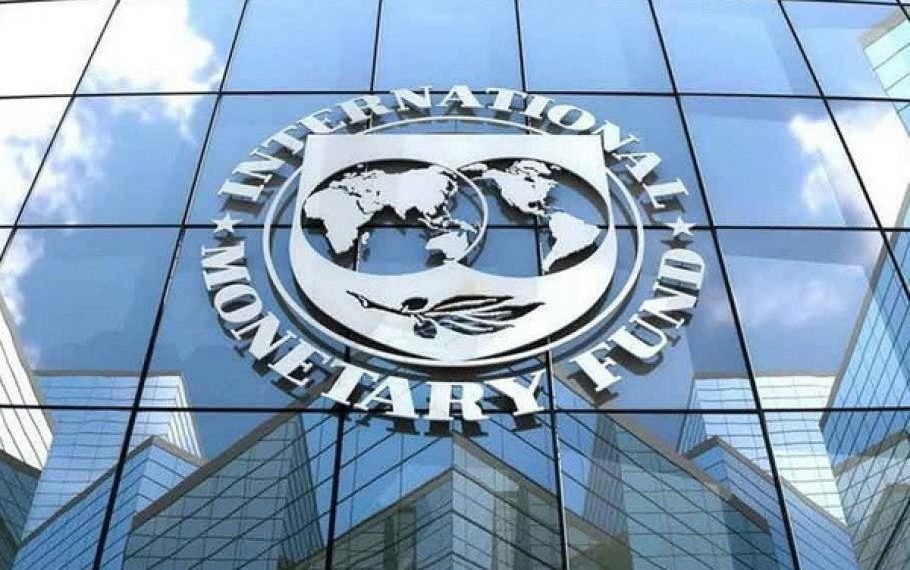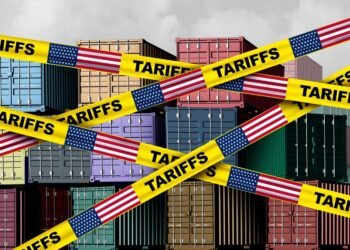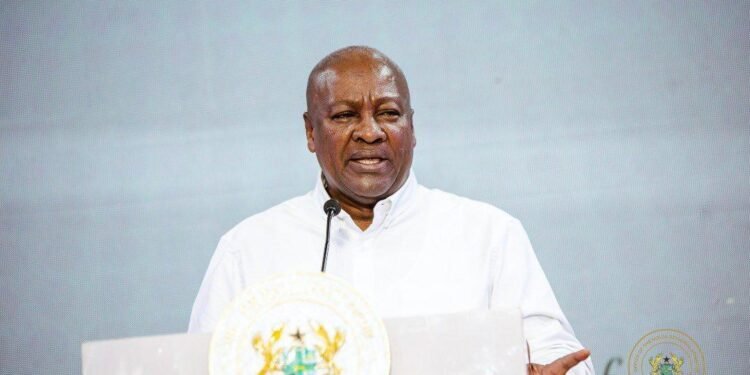The International Monetary Fund (IMF) has warned that more than 90 million people could be forced into “extreme deprivation” this year as developing and emerging economies are hit hardest by the coronavirus pandemic,
In its latest World Economic Outlook, the IMF predicts the pandemic will undo decades of progress in reducing global inequality and poverty, leaving the poorest nations worst affected.
The report forecasts a global contraction in gross domestic product (GDP) of -4.4% in 2020, an upward revision from an estimate of -4.9% made in June, followed by a recovery of 5.2% in 2021, leaving global output smaller than it was pre-pandemic in 2019.
The projection is based on the assumption that social distancing due to the coronavirus pandemic will continue into 2021, and that local transmission will fall everywhere by the end of 2022.
While the IMF says the negative economic impact of COVID-19 has been truly global with no nation spared, it makes clear more than 150 nations it does not classify as advanced economies will be worst affected.
The growth in per-capita income for emerging and developing economies will be lower than in advanced economies, with women, the young and the low-paid suffering most. Emerging market and developing economies are seen contracting by 3.3% this year, but in places like India, GDP is seen falling by more than 10%.
IMF chief economist, Gita Gopinath, said, “The poor are getting poorer with close to 90 million people expected to fall into extreme deprivation this year. The ascent out of this calamity is likely to be long, uneven, and highly uncertain.”

The report also examined the impact of lockdown measures around the world, concluding that while they were effective in reducing infection rates, removing them will not trigger recovery as long as consumers practice “voluntary social distancing” because of their fear of infection.
The IMF says lockdowns “may pave the way to a faster economic recovery” if they contain the epidemic and thus limit the extent of voluntary social distancing.
As a result, it urges governments around the world to continue funding economic support and stimulus packages. The report also praises governments for launching extraordinary economic interventions, crediting them with “preventing a recurrence of the financial catastrophe of 2008-09.”
But huge uncertainty remains, and the economic outlook is indivisible from the progress of the pandemic and the search for a vaccine.
“There remains tremendous uncertainty around the outlook with both downside and upside risks,” said Ms Gopinath.
“The virus is resurging with localised lockdowns being re-instituted. If this worsens and prospects for treatments and vaccines deteriorate, the toll on economic activity would be severe, and likely amplified by severe financial market turmoil.
“Growing restrictions on trade and investment and rising geopolitical uncertainty could harm the recovery.
“On the upside, faster and more widespread availability of tests, treatments, vaccines, and additional policy stimulus can significantly improve outcomes.”
Additionally, the national debt in advanced economies is set to reach 125% of GDP by the end of 2021 and to rise to about 65% of GDP in emerging markets during the same period.
However, the Fund is not particularly worried about rising debt for now as interest rates are low and the economic rebound in 2021 should help in repaying some of the new debt.
“To ensure that debt remains on a sustainable path over the medium-term, governments may need to increase the progressivity of their taxes and ensure that corporations pay their fair share of taxes while eliminating wasteful spending,” the IMF suggested.























